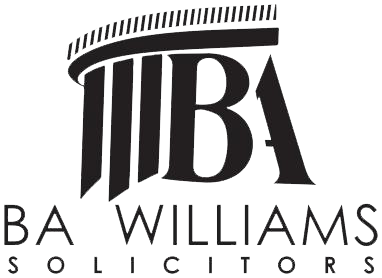The Court of Appeal (CoA) heard this case following a leapfrog procedure, as it raised a point of general principle in the development of the substantive law and the operation of the Tenant Fees Act (TFA) 2019, which prohibits landlords and letting agents from charging tenants additional fees unless otherwise exempted.
Background:
Ms. Switaj entered into an assured shorthold tenancy (AST) of a flat commencing on the 12th of April 2018 for 12 months. The AST was for a fixed term of 12 months at a rent of £1,400 per month and a deposit of £1,615. Clause 5.18.4 required the tenant to “pay the sum of £120 plus VAT for the preparation of any documents in relation to all renewals or extensions of this tenancy.” There was also a provision for a check-out fee for an inventory and condition check.
What happened at the expiry of the original AST is unclear. On the 28th of April 2020, Ms. Switaj entered into another AST of the flat, this time for 12 months and, thereafter, from rental period to rental period for the same rent. The terms of the AST had however been substantially changed, as the TFA 2019 had since come into force in which the payment of administrative or check-out fees had been removed. On the 9th of April 2021, Ms. Switaj entered into another AST for 12 months on the same terms as the 2020 tenancy.
The landlord Mr. McClenaghan, however, wished to terminate that tenancy and served a Section 21 notice. The District Judge rejected Ms. Switaj’s defence and granted an order for possession leading Ms. Switaj to approach the CoA. The central issue was the status of the pre-1st June 2019 payments.
Decision:
The CoA dismissed the appeal and found the service of Section 21 notice to be valid. Indeed, although the TFA 2019 prohibits certain payments, the payments in question were made prior to the Act’s enforcement and so did not constitute a breach of the new TFA 2019. The money paid for the ‘check-out fee’ was deemed to be part of the consideration for the granting of the original AST.
The CoA rejected Ms. Switaj’s claim that, by analogy with Superstrike Ltd v Rodrigues (2013) on the requirement to pay a deposit extending to a new statutory periodic tenancy, the terms of the original tenancy carried over into subsequent tenancies. The CoA noted that a payment can be ‘required’ under the terms of the TFA, even if not in the agreement, although any ‘requirement’ of such a payment must be overt and active. The Court noted that mere silence does not equate to a requirement and the District Judge was thus correct in distinguishing it from Superstrike.
Implications:
This case clarifies the law on the operation of the TFA 2019. Following this decision, it is now clear that the TFA 2019 does not have retroactive effects such as to invalidate a landlord’s right to service a Section 21 notice based on payments made prior to the enactment of the Act.
The Court also established that a payment can be ‘required’ under the terms of the TFA, even if it is not explicitly stated in the agreement itself, although mere silence is not sufficient.




